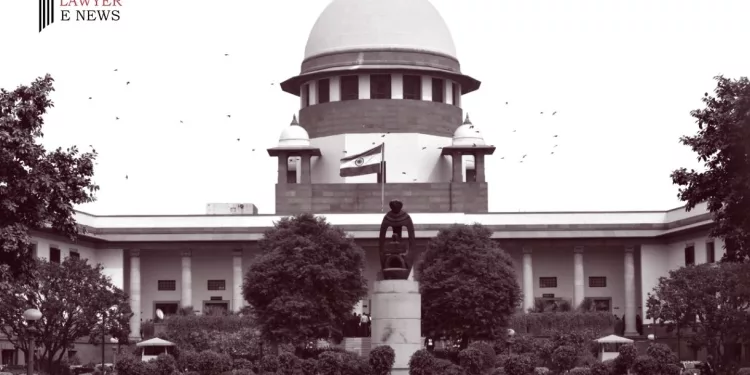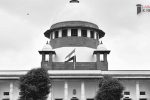Corporate Insolvency Resolution Process Does Not Give Indebted Creditors Right To Set-Off Against Corporate Debtor: Supreme Court

In a landmark judgment, the Supreme Court of India has meticulously delineated the scope and application of set-off rights in the Corporate Insolvency Resolution Process under the Insolvency and Bankruptcy Code, 2016. The apex court, in the case of Bharti Airtel Limited and Another v. Vijaykumar V. Iyer and Others, addressed an intriguing legal question concerning the right to claim set-off when a Resolution Professional assumes control of a corporate debtor’s assets.
Justice Sanjiv Khanna, delivering the judgment, emphasized the uniqueness of the Corporate Insolvency Resolution Process under the IBC. He stated, “Unlike the provisions of the Companies Act, 1956 or the Companies Act, 2013, IBC in the case of Corporate Insolvency Resolution Process does not give the indebted creditors the right to set-off against the corporate debtor.” This observation underlines the court’s stance on maintaining the distinct nature of the insolvency process as envisaged under the IBC.
The court meticulously differentiated between various types of set-offs – contractual, statutory/legal, equitable, and insolvency set-off – and their relevance to the insolvency process. The judgment clarifies that the IBC, being a complete code in itself, does not inherently accommodate the concept of mutual set-off at the initial stage of the Corporate Insolvency Resolution Process.
In a detailed analysis, the Supreme Court held that the principle of pari passu, fundamental to insolvency proceedings, must be preserved. “As set-offs can mitigate against the pari passu principle, they should be allowed when mandated, or can be justified by law,” Justice Khanna remarked, highlighting the need to balance creditor rights with the orderly process of insolvency resolution.
The decision is a significant contribution to insolvency jurisprudence in India, providing clarity on the interplay between contractual obligations and the overarching framework of the IBC. It underscores the Supreme Court’s commitment to uphold the legislative intent and the sanctity of the insolvency resolution process, ensuring fair and equitable treatment of all stakeholders involved.
Date of Decision: January 03, 2024
BHARTI AIRTEL LIMITED AND ANOTHER VS VIJAYKUMAR V. IYER AND OTHERS






